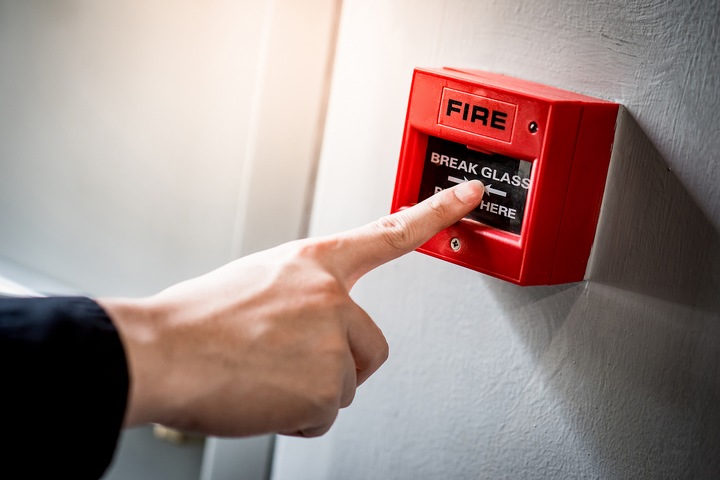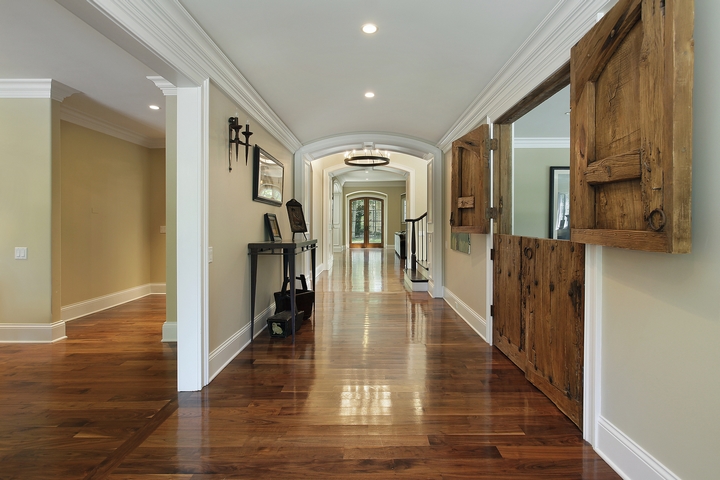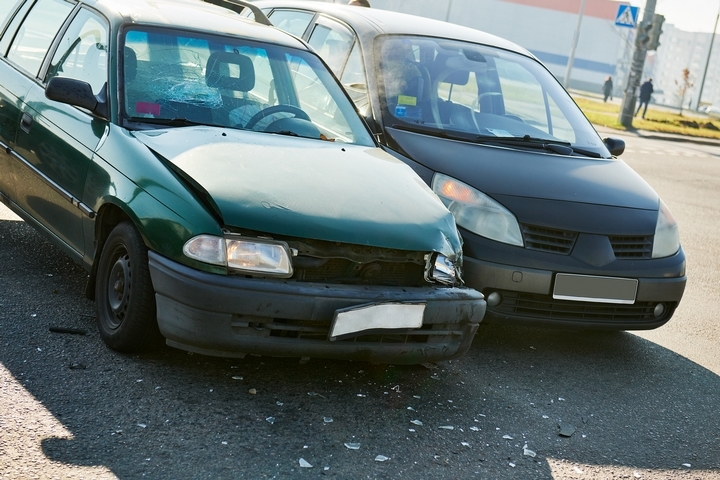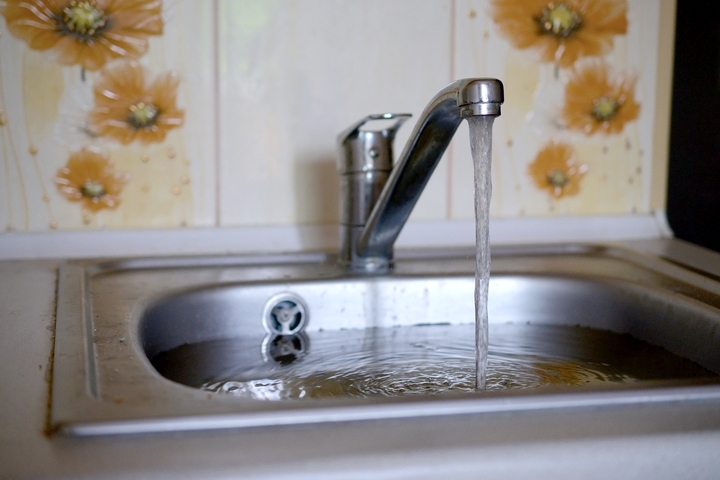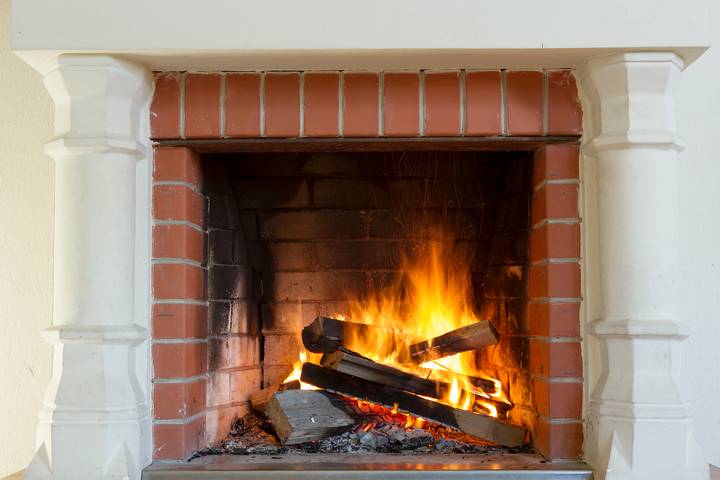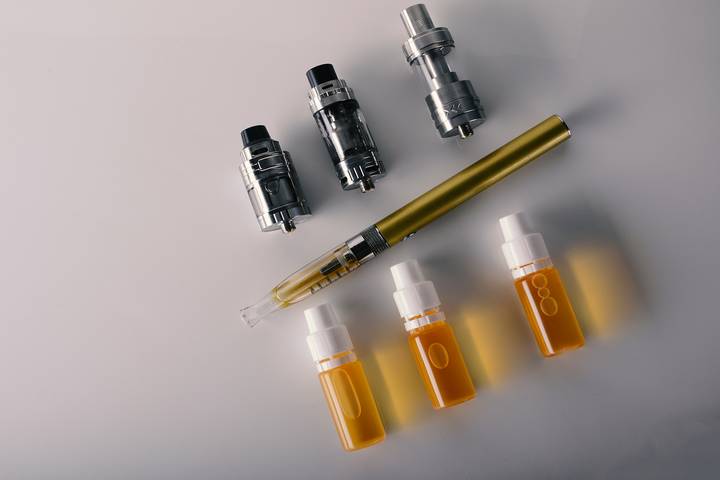Hot water is in high demand in the home. You use it to wash dishes, clean clothes and shower and baths. We take it for granted, but if it were gone tomorrow, we would be in trouble.
Are you having issues with hot water in the kitchen? This is a problem that you need to get handled right away. Why is there no hot water in the kitchen sink? Let’s troubleshoot it and come up with some solutions.
1. Water Heater
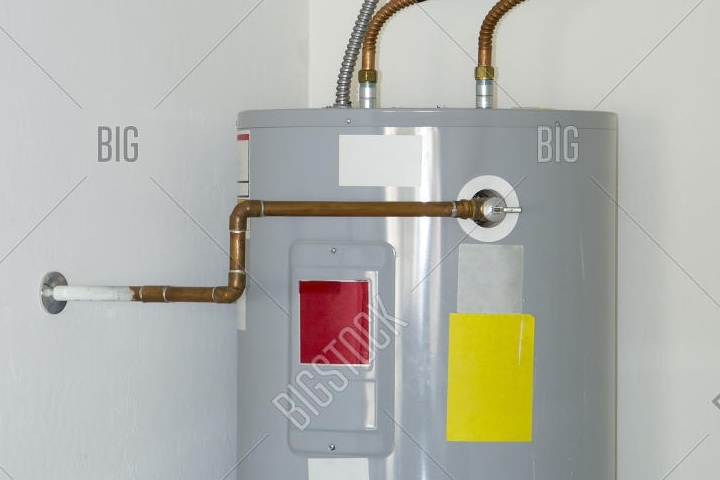
Water comes into your home and enters the water heater. From there, hot water is distributed along water lines in your walls and to your kitchen sink. If there is no hot water, check the tank first. Over time, these units start to degrade, and the metal fails. Rust and corrosion can break down the tank and cause leaking, which should be noticeable if you see any standing water on the floor.
For leaks caused by rust, you may need to get a new water heater. If the leak is from a faulty pipe, loose connection, leaking gasket, inlet valve or pressure valve, you can get it repaired to restore your hot water output.
Rust and corrosion can also destroy the heating element. You can get a new heating element installed by a plumber or take it on yourself.
2. Faucet Cartridge in Kitchen Sink
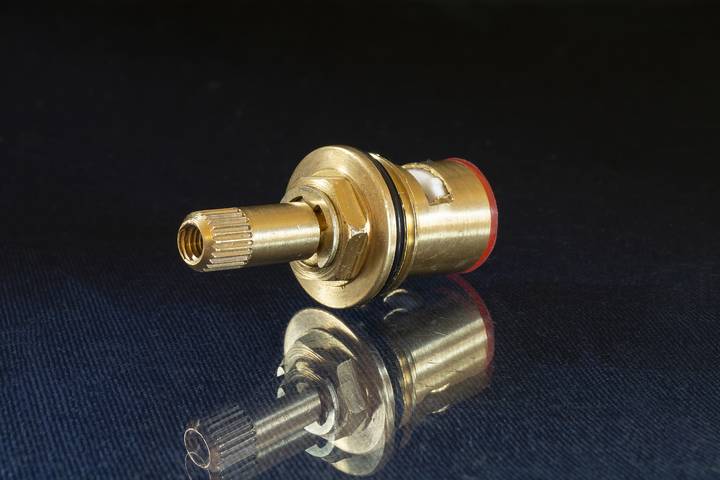
Inside a single action, the faucet is a cartridge that controls the amount of hot and cold water coming out and depends on how you turn the handle. Over time, mineral deposits or other debris can build up and cause a blockage which prevents the hot water from getting through. Fortunately, you can take the faucet apart and look for any buildup.
Clean it out carefully or soak it in vinegar for a few hours to break up and dissolve the debris. Once cleaned, you can put it back together and run the tap to see if your hot water is restored.
3. Line Blockage in Kitchen Sink
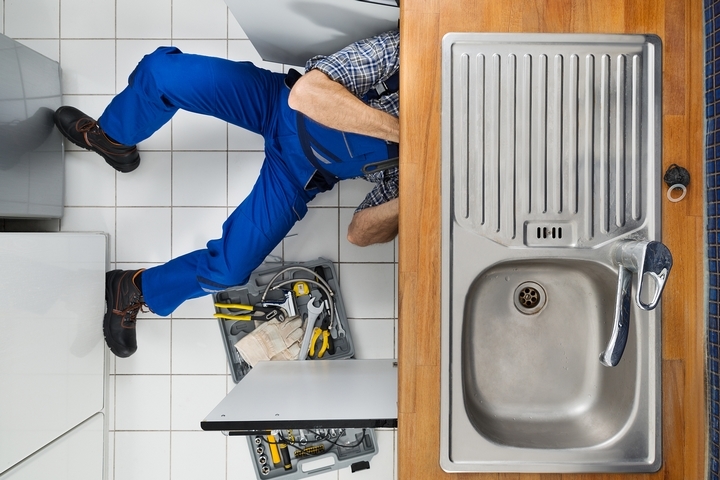
You have water lines coming into your home, and once they go through the hot water tank, you get hot water to your sink. Start by testing other taps to see if you get hot water in other house locations. This way, you can narrow down the location. If it’s just the kitchen, check the pipes under the sink.
Start by turning off the cold water supply and running the hot water. If there is still no hot water, the line has a blockage. Turn off the hot water valve and disconnect the line. Place a bucket under the hot water connection and turn on the cold water supply while blocking the flow from the fixture with your finger. This will force the water through the hot water inlet and clear the blockage. Now you can reassemble the faucet and water lines and run your water as normal.
4. Other Issues with Kitchen Sink
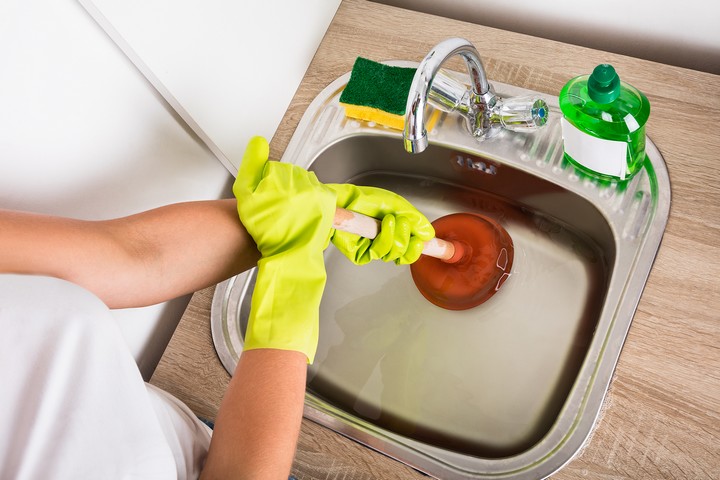
There are other issues for kitchen sinks with water that takes a long time to heat up.
Existing Water In The Pipe
Water sitting in the pipe may not be heated, especially if it has been there a while. When you turn on the hot water, this water flows out first, and you will not get hot water until the standing water is out.
Volume Restrictor
Some home water systems have a restrictor that regulates the flow and volume of water. This fixture is a good way to save money and conserve water, but it affects how fast your water takes to come out hot.
Water Heater Distance
In some homes, there is a long way for the hot water to travel before it gets to your kitchen sink. There is a large network of water lines in the walls, and the water may run cold at the tap until the hot water makes its way to the kitchen sink.
Sediment
Over time, sediment can build up in your water tank and reduce the flow capacity. These mineral deposits result from hard water, but you can get a water softener installed in your home to prevent this.
Large Diameter Pipes
Pipes in your home come in different sizes, and if the hot water line is too big, it takes longer for that extra volume to flow to your kitchen sink.
Cold Temperatures
In the winter, when the ground is frozen, water coming into your home is much colder. This makes your water heater work much harder, and the extra load can reduce its ability to quickly heat and deliver hot water around the home.
We want our hot water to flow immediately and endlessly when we turn on the taps, and it can be frustrating when it doesn’t happen. Go over these causes to troubleshoot your hot water issues and get them repaired as soon as possible. That way, you can get back to the hot aqua flowing again.
